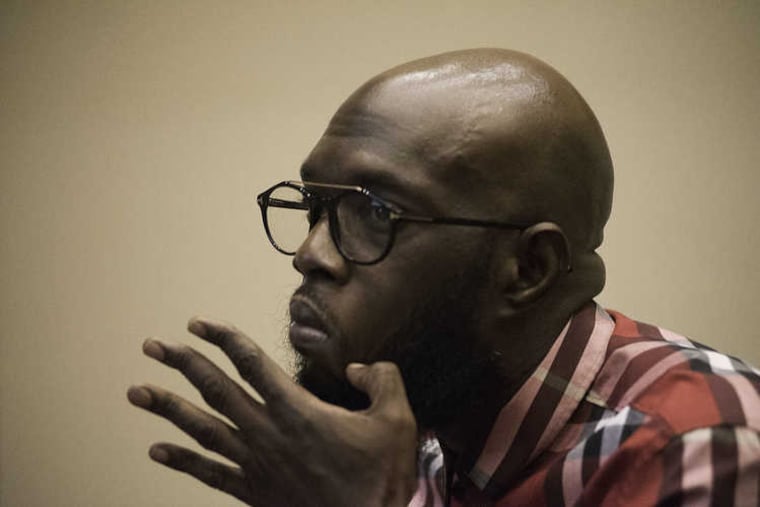Sons of legendary Philly rappers Freeway and Oschino have died in separate incidents
Legendary Philadelphia rappers Freeway and Oschino, once members of State Property, a rap group that was part of Jay-Z's Roc-A-Fella label, each lost a son days apart.

Longtime Philadelphia rapper Freeway said Thursday that his son, Jihad Pridgen, 20, an aspiring rapper who performed as SnowHadd, has died.
In an Instagram post, Freeway, born Leslie Edward Pridgen, wrote:
“God knows I try my best to be strong, but this right here is a pain like I never felt. Please cherish your time and your love ones because we’re not promise the next breath. I Pray Allah forgives my son for all Of his sins and I pray that Allah grants him the highest level of paradise. Ameen 😢 Please make dua for him & my family.”
Freeway, 42, is best known for being part of State Property, the prominent rap group in the early 2000s that was part of the Roc-A-Fella Records label founded by Jay-Z.
The news came days after his former fellow State Property member, Oschino Vasquez, known as Oschino, announced that he too had lost his son.
Some news accounts mentioned that Oschino’s son and his son’s pregnant girlfriend were killed in a car accident, but that has not been verified.
The hip-hop community expressed sorrow and condolences on social media Thursday.
The Inquirer reached out to the Philadelphia Police Department for comment about the details of the young men’s deaths, but the public affairs office has not responded.
There were no official details about the younger Pridgen’s cause of death.
Freeway may be best known for his 2003 hit single “What We Do,” that featured Beanie Sigel and Jay-Z.
He released his most recent album, Think Free, under the Roc Nation label in 2018.
Freeway was very public about being diagnosed with kidney failure in 2015. After four years of waiting, he received a successful kidney transplant last year, and has since become an advocate for Black people, men especially, to take care of their health.
Freeway and Oschino are considered legendary among hip-hop artists in the early 2000s.
“They are super important in that they came up at a time with Roc-A-Fella, Beanie Sigel, and Jay-Z,” said Christopher R. Rogers, a graduate student at the University of Pennsylvania and a community activist.
“They were the representatives to the country, representing Philly Black men and street culture.”